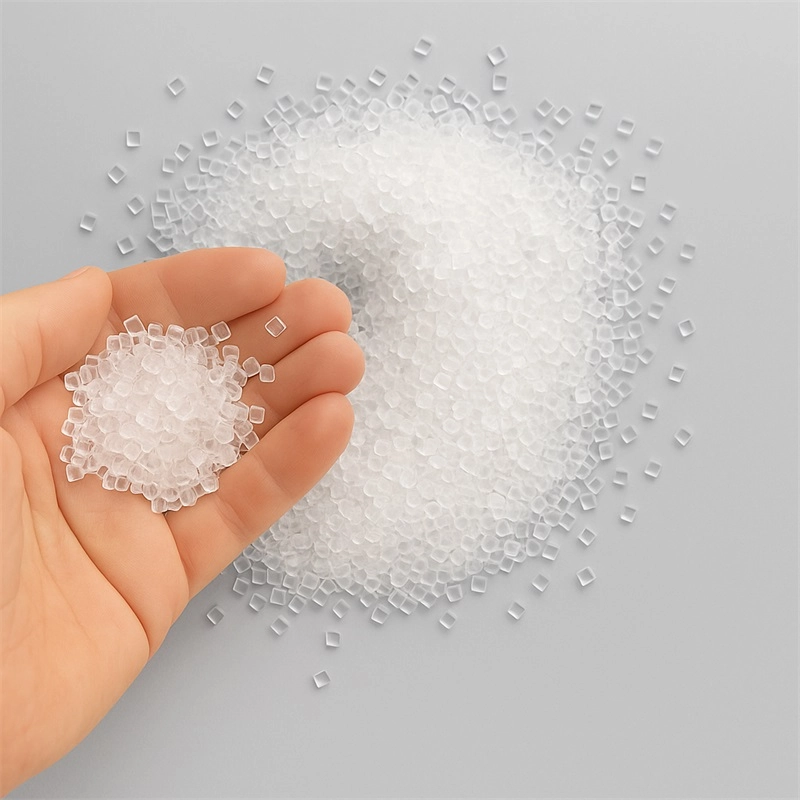Plastic pollution has become a global environmental crisis, posing a significant threat to our ecosystems, wildlife, and human health. To address this pressing issue, it is crucial to adopt effective strategies that can reduce plastic pollution and promote sustainable practices. In this blog post, we will explore ten practical and innovative ways to combat plastic pollution and protect our planet for future generations.
- Embrace the 3 R's: Reduce, Reuse, and Recycle:
The first step in reducing plastic pollution is to minimize our consumption of single-use plastics. Opt for reusable alternatives like cloth bags, stainless steel water bottles, and glass containers. Additionally, prioritize recycling plastic waste to ensure it is properly processed and given a new life. - Support Plastic-Free Initiatives:
Encourage and support businesses and organizations that are committed to reducing plastic pollution. Choose products and services from companies that prioritize sustainable packaging and offer plastic-free alternatives. By voting with our wallets, we can drive change towards a plastic-free future. - Advocate for Extended Producer Responsibility (EPR):
Push for policies that hold manufacturers accountable for the entire lifecycle of their products, including proper disposal and recycling. EPR encourages companies to design eco-friendly packaging, invest in recycling infrastructure, and take responsibility for the environmental impact of their products. - Promote Innovative Packaging Solutions:
Support the development and adoption of innovative packaging materials that are biodegradable, compostable, or made from renewable resources. Encourage research and investment in sustainable packaging alternatives to reduce our reliance on traditional plastics. - Educate and Raise Awareness:
Spread awareness about the detrimental effects of plastic pollution through educational campaigns, social media, and community events. Empower individuals to make informed choices and inspire collective action towards reducing plastic waste. - Implement Plastic Bag Bans and Fees:
Advocate for legislation that restricts the use of single-use plastic bags or imposes fees on their usage. Such measures have proven effective in reducing plastic bag consumption and encouraging the adoption of reusable alternatives. - Support Local Clean-up Efforts:
Participate in or organize local clean-up initiatives to remove plastic waste from our beaches, rivers, and parks. By actively engaging in these efforts, we can prevent plastic pollution from entering our ecosystems and harming wildlife. - Encourage Proper Waste Management:
Promote responsible waste management practices, including the establishment of recycling facilities, waste segregation programs, and effective waste collection systems. By ensuring proper disposal, we can prevent plastic waste from ending up in landfills or polluting our oceans. - Engage in Circular Economy Practices:
Support the transition to a circular economy by promoting the reuse and recycling of plastic materials. Encourage the development of innovative recycling technologies and the creation of markets for recycled plastic products. - Foster International Cooperation:
Plastic pollution is a global issue that requires international collaboration. Support and engage in initiatives that promote cooperation between governments, organizations, and individuals to develop comprehensive solutions and policies to combat plastic pollution on a global scale.
Conclusion:
Reducing plastic pollution is a collective responsibility that demands immediate action. By implementing these ten strategies, we can make a significant impact in preserving our planet for future generations. Let us embrace sustainable practices, advocate for change, and work together to create a plastic-free world.



